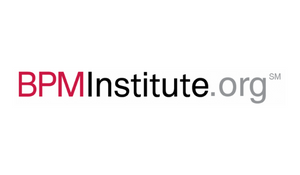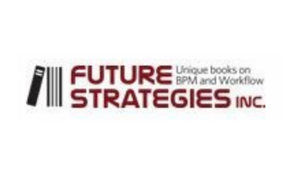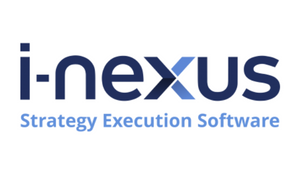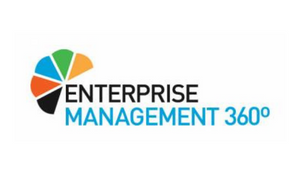
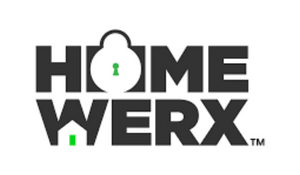
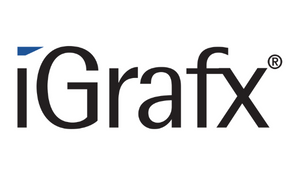

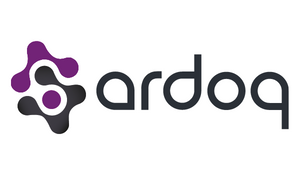
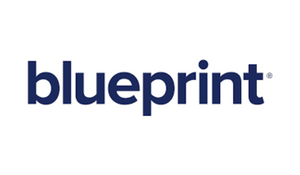



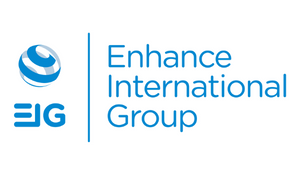
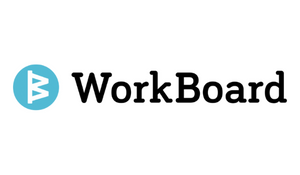
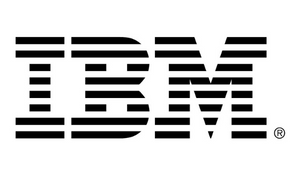


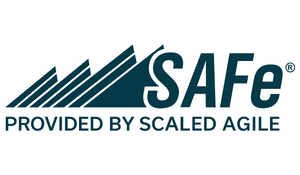


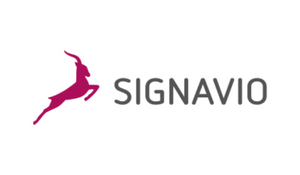




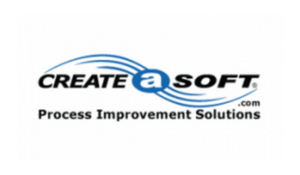

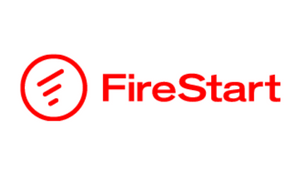

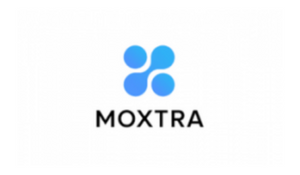
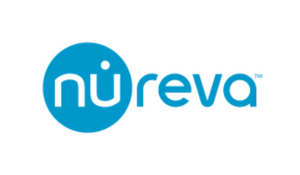
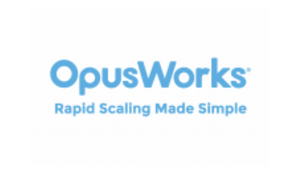
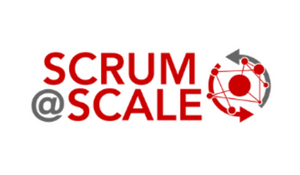

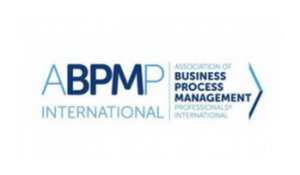
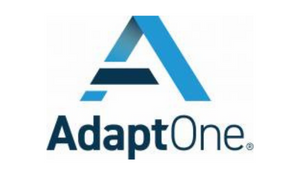


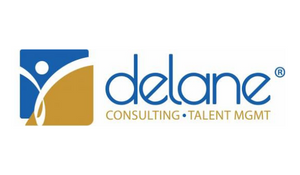

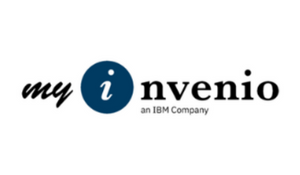

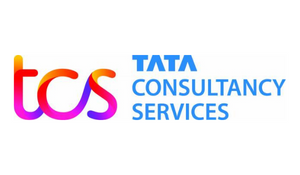
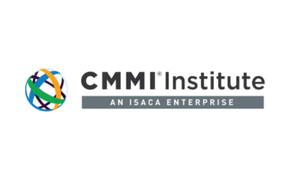
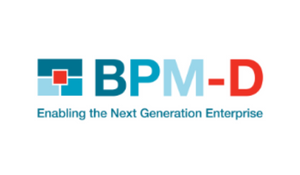

QUESTION: I am trying to develop a list of metrics to drive our continuous improvement efforts. What questions should I be asking myself to develop this list? And how many do you think I should focus on?

ANSWER: It isn't clear what leadership role this person is playing so I'll address this from a plant manager's (or higher) perspective. I'll share my thinking behind metrics in general and later get down to very specific, critical metrics that all factories should be using to drive continuous improvements. We won't get to that level of detail just yet. It's important that we start by elevating our thinking on the topic of metrics in general before diving into the specifics.
First, most manufacturing plants are cost centers, i.e., they do not have their own sales, marketing, finance, legal, etc., on site and some don't have their own design engineering. If a factory had all of these functions at the site, it would likely be a very small company and the site manager would be reporting to the CEO. Those are the types of organizations where the plant is a profit center.
A cost center is typically led by a plant manager who, depending on plant size, leads a support staff comprised of managers for quality, materials & production control, manufacturing/value streams, lean/process engineering, maintenance/plant engineering, HR and a plant controller/cost accountant who normally reports dotted line to the plant manager and a hard line to division or corporate finance.
Recognizing your plant as a cost center is a good hint that those things that drive cost and cash consumption are critically important. These are the things that must be effectively managed every day and relentlessly improved. Why? Because low-cost factories can generate a competitive advantage for the company to grow sales and margins while also improving job security for all employees. High-cost plants don't get new investment dollars. High-cost plants eventually get closed.
So, what drives cost and consumes cash? Where are the largest waste streams that best leverage the allocation of resources to reduce costs and improve quality performance and delivery performance? These are the typical, potentially high impact waste streams I almost always find:
Between now and my next article, spend some time thinking about and making notes about which of these problems you have the soft infrastructure in place to measure the negative effect on your operation. Are you measuring the correct things and receiving actionable reports from those responsible?
Decades ago, in the days of Oliver Wight and the first MRP systems, mountains of inventory usually were the preferred way to service customers. These three questions were typically used to schedule production:
1. What do we need?
2. What do we have?
3. What do we need to go get?
Use these same questions as you think about: What data do I need? What data do I have that gets to the root cause of the largest opportunities for improvement? And what data do I need to go get?
Engage the staff in some fresh thinking on the topic of metrics. Begin to understand which ones are really useful and powerful and which ones get a quick scan with no action taken. Decide which ones are "information only" versus those you need to drive improvements.
Historical metrics are one of the most powerful paradigms I see in many of the plants I've visited. I often see incredible defensiveness when particular metrics are challenged for good reason. If you have similar issues in your plant, ask questions such as: "What value does that metric provide in managing your responsibilities and improving the business?" Or, "What metric would be more useful for you in understanding the major opportunities you have to drive CI?"
Challenge everything that is not having the desired impact and is instead wasting staff resources/time generating reports that you aren't using. We'll need those hours to generate the impactful measurements in their place.
As the leader, this is the beginning of creating the mindset for which you are accountable. Start by challenging all current metrics for evaluation of their effectiveness. Eliminate all the excuses team members may be offering because they don't have the data, or it's not in the right format, or it's not the right timing, etc.
Here's my modified and expanded version of the above three questions:
1. What do you need?
2. What do you have?
3. What do you have to go get?
4. When will you have the new metric in place to drive CI?
5. Are you certain this metric will tell you the truth about what's going on?
Please consider these challenges to traditional thinking about metrics and to eliminating the "I am a victim of poor metrics" mindset. I hope this "homework" will begin to generate new discussions around the staff table in the coming weeks. In the meantime, I'll tee up the next level of understanding as well as my recommendations about "must have" metrics in upcoming articles.
“The truth will set you free, but first it will piss you off.” -- Joe Klaas, Twelve Steps to Happiness
“What's measured improves.” -- Peter F. Drucker
"If the right things are being measured the right way, the results will be significantly improved." ---Larry E. Fast
View our schedule of industry leading free to attend virtual conferences. Each a premier gathering of industry thought leaders and experts sharing key solutions to current challenges.
View Schedule of Events-------------------------------------------------------
Search for anything
Insights from the most progressive thought leaders delivered to your inbox.
Insights from the world's foremost thought leaders delivered to your inbox.
Being a hero is all about creating value for others. Please invite up to 5 people in your network to attend this premier virtual conference, and they will receive an invitation to attend.
If it’s easier for you, please enter your email address below, and click the button, and we will send you the invitation email that you can forward to relevant people in your network.
View our schedule of industry leading free to attend virtual conferences. Each a premier gathering of industry thought leaders and experts sharing key solutions to current challenges.
View Schedule of EventsWatch On-Demand Recording - Access all sessions from progressive thought leaders free of charge from our industry leading virtual conferences.
Watch On-Demand Recordings For FreeDelivered by the industry's most progressive thought leaders from the world's top brands. Start learning today!
View All Courses NowThe premier Business Transformation & Operational Excellence Conference. Watch sessions on-demand for free. Use code: BFH1120
Watch On-DemandInsights from the most progressive thought leaders delivered to your inbox.
Insights from the world's foremost thought leaders delivered to your inbox.
Being a hero is all about creating value for others. Please invite up to 5 people in your network to also access our newsletter. They will receive an invitation and an option to subscribe.
If it’s easier for you, please enter your email address below, and click the button, and we will send you the invitation email that you can forward to relevant people in your network.
Courtesy of Nintex Pty's Paul Hsu, below is a transcript of his speaking session on 'Improve employee productivity during and post-COVID by ...
Read this article about HP, Best Achievement in Operational Excellence to deliver Digital Transformation, selected by the independent judging panel, ...
Read this article about BMO Financial Group, one of our finalists, in the category Best Achievement in Operational Excellence to deliver Digital ...
Read this article about Cisco, one of our finalists, in the category Best Achievement of Operational Excellence in Internet, Education, Media & ...


